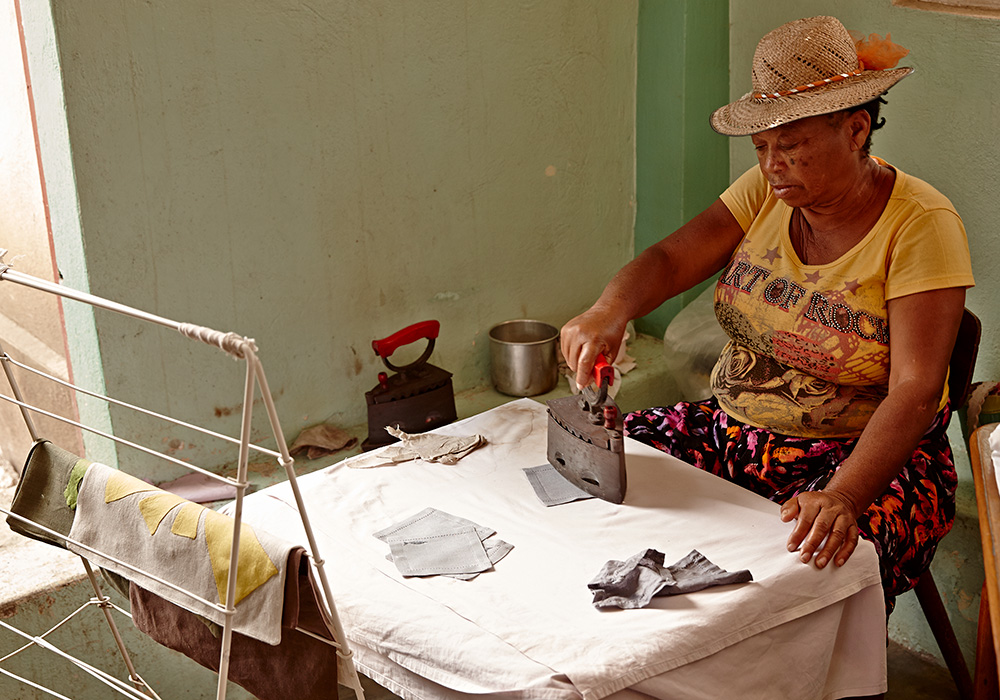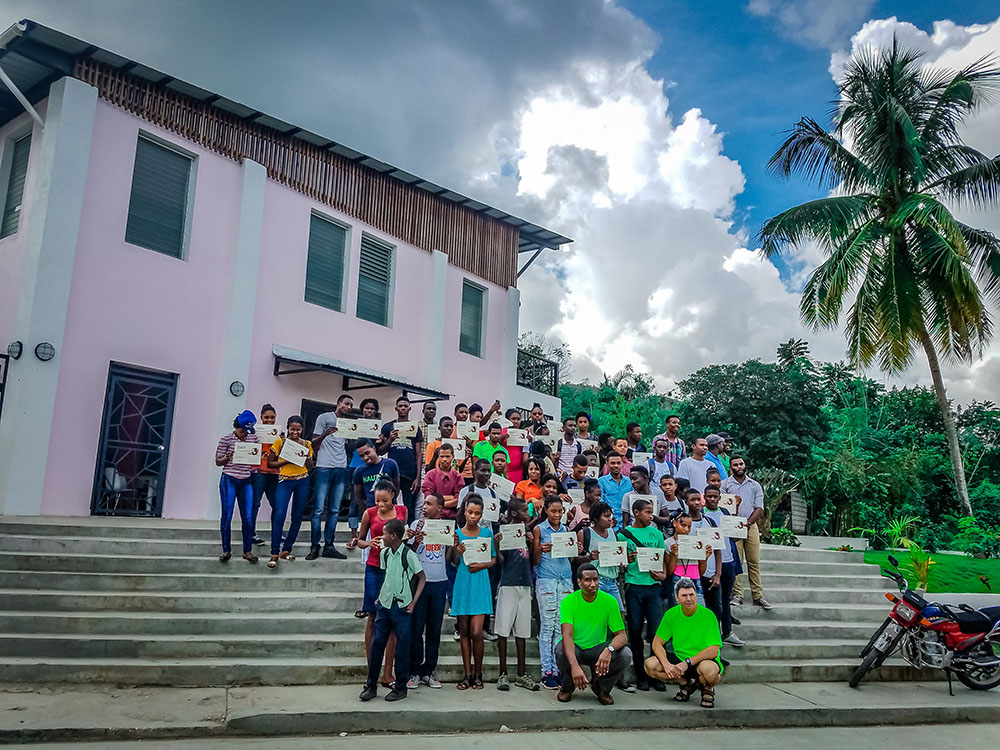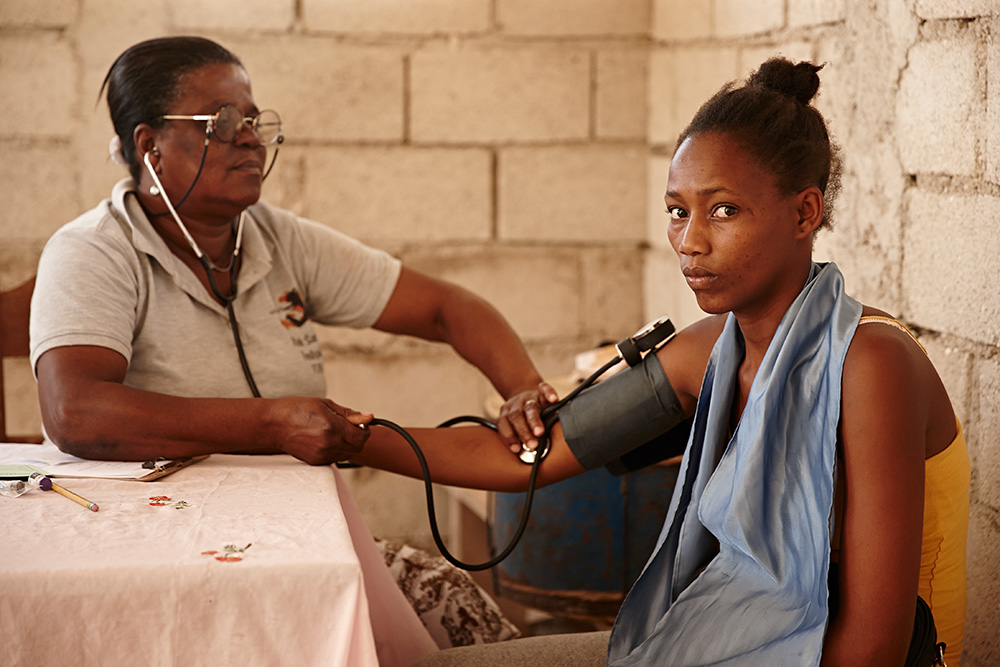



SERVICE TO COMMUNITY
Cherie Miot Abbanat’s commitment to community service has shaped her work both in Fond des Blancs, Haiti, and at MIT’s Department of Urban Studies and Planning. In Fond des Blancs, Cherie led transformative initiatives as the Executive Director of Haiti Projects, a nonprofit organization dedicated to improving quality of life and economic stability for local women and families. Through projects like the Artisanat Cooperative and menstrual health initiatives, she prioritized sustainable solutions that empowered individuals to uplift themselves and their communities. Her leadership was rooted in a belief that community-led efforts and capacity-building could break cycles of poverty, providing residents with the skills, resources, and confidence to create lasting change. This philosophy extended beyond economic empowerment to address educational and health-related needs, with programs such as the all-girls soccer initiative and digital literacy courses that fostered growth and resilience.
Lecturer at MIT in the Department of Urban Studies and Planning
At MIT, Cherie applies the same principles of community empowerment and service in her role as a lecturer in the Department of Urban Studies and Planning. She integrates her field experience into the curriculum, emphasizing the importance of socially-responsible urban planning and the impact of grassroots initiatives on sustainable development. Through her teaching and mentorship, Cherie guides students to approach urban planning with a service-oriented mindset, inspiring them to create solutions that address the real-world challenges faced by underserved communities. Her work at MIT demonstrates her dedication to equipping the next generation of urban planners with both the technical skills and the ethical foundations needed to serve diverse communities around the world.
Board Work
In addition to teaching and working directly in the field, I am recognized for my individual coaching, attentive listening, and leadership within the DUSP undergraduate community. Since 2004, I have been a committed steward of DUSP’s undergraduate program, advocating for the integration of key values—justice, fairness, and community engagement—into the education of undergraduates across the institute. Despite challenges, including a proposal to eliminate the undergraduate program in 2012, we have persevered, leading to the highest enrollment in majors, minors, and HASS concentrators seen in many years.